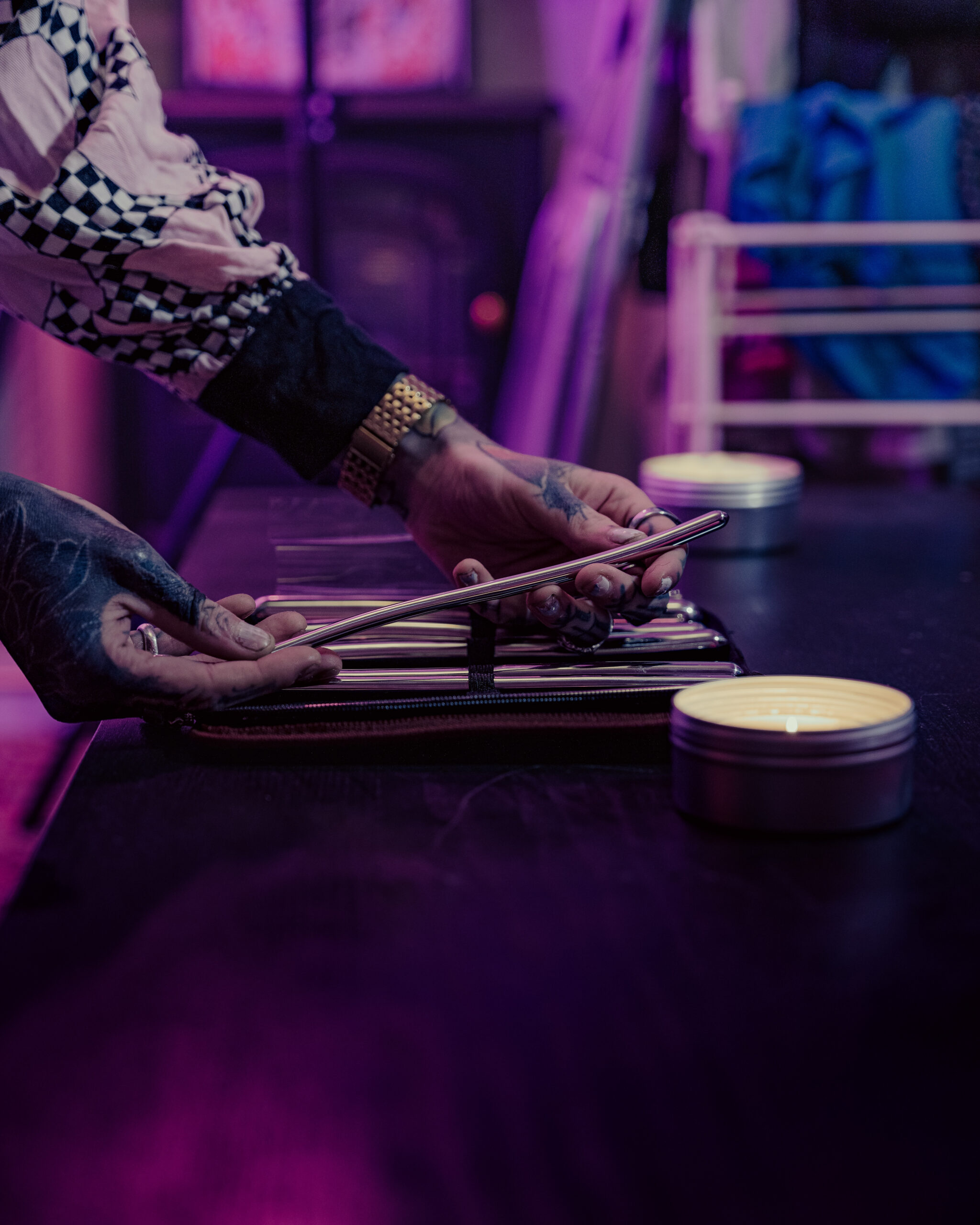Positive Impacts
Social media has undeniably revolutionized how we connect and interact, and its influence on modern love is profound. While there are concerns about negativity and superficiality, it’s important to acknowledge the positive impacts social media can have on relationships.
Enhanced Communication
One significant positive impact is enhanced communication. Social media platforms provide easy and instant ways to connect with partners, regardless of distance. Couples can share their day-to-day experiences, thoughts, and feelings in real time, fostering a sense of closeness even when physically apart.
Expanded Dating Pool
Another key benefit is the expanded dating pool. Social media allows individuals to connect with potential partners beyond their immediate geographical location or social circle.

- Dating apps and websites have become increasingly popular, connecting people based on shared interests, values, and relationship goals.
- Social media platforms also provide opportunities to meet new people through groups, events, and online communities dedicated to specific hobbies or activities.
Building Connections with Shared Interests
Social media fosters the growth of connections by bringing together individuals who share common interests. Online communities and groups centered around hobbies, passions, or even niche topics provide a space for like-minded people to interact, connect, and potentially form romantic relationships.
These shared interests act as a foundation for building rapport and understanding. Discussions, shared experiences, and mutual appreciation for the same things can spark conversations and create a sense of belonging that transcends geographical boundaries.
Negative Impacts
Despite its many benefits, social media can also have negative impacts on modern love. The constant exposure to curated images and idealized relationships can lead to unrealistic expectations and feelings of inadequacy. Social comparison, fueled by carefully constructed online personas, can erode self-esteem and damage self-perception within romantic relationships.
Superficiality and Validation Seeking
Superficiality thrives in the world of social media, where carefully curated profiles often present an idealized version of reality. This can create unrealistic expectations for love and relationships, leading to disappointment and dissatisfaction when real-life experiences don’t match these fabricated online personas.
Furthermore, the constant pursuit of validation through likes, comments, and followers can become a toxic driving force in romantic interactions. Individuals may prioritize external approval over genuine connection, seeking reassurance from an audience rather than nurturing authentic intimacy with their partners.
This relentless quest for validation can erode the foundation of trust and vulnerability essential for healthy relationships. When individuals feel pressured to present a flawless online image, it becomes difficult to be truly open and honest with their partners, hindering the development of deep emotional intimacy.
Comparison and Low Self-Esteem
The constant exposure to curated images and idealized relationships on social media can lead to negative impacts on self-esteem within romantic relationships. Individuals may engage in excessive social comparison, constantly evaluating themselves against others’ seemingly perfect online lives. This can result in feelings of inadequacy, low self-worth, and insecurity, particularly when comparing themselves to unrealistic portrayals of love and happiness presented on platforms.
This comparison trap can create a distorted perception of what is “normal” or “desirable” in relationships, leading to dissatisfaction with one’s own partner or romantic experiences. It can also fuel jealousy and anxiety, as individuals become preoccupied with the perceived successes or achievements of others, ultimately hindering their ability to appreciate and value their own relationships.
Catfishing and Deception
One of the most insidious dangers of social media is the prevalence of catfishing and deception. Users may create fake profiles to deceive others, often for malicious purposes such as financial gain, emotional manipulation, or even harassment.
These deceptive practices erode trust in online interactions and can lead to significant emotional distress for victims. Discovering a romantic interest is not who they claimed to be can cause feelings of betrayal, heartbreak, and vulnerability.
The anonymity provided by social media platforms can embolden individuals to engage in harmful behavior, knowing there may be limited consequences for their actions. This anonymity also makes it difficult to verify the authenticity of profiles, increasing the risk of falling victim to catfishing schemes.
Impact on Relationship Dynamics
Social media has profoundly impacted modern love, offering both opportunities and challenges. While platforms like dating apps have expanded the possibilities for finding connections, social comparison and curated online personas can lead to unrealistic expectations and feelings of inadequacy within relationships.
Maintaining Relationships
Maintaining healthy relationships in the age of social media requires vigilance and conscious effort. Open communication with partners about social media use is crucial. Discussing boundaries, expectations, and potential concerns can help establish a foundation of trust and understanding.
It’s important to recognize that social media often presents a distorted view of reality. Encouraging critical thinking about the curated content consumed online can help individuals develop a more realistic perspective on relationships and avoid falling into traps of comparison and dissatisfaction.
Prioritizing face-to-face interactions over online connections is essential for nurturing intimacy and strengthening bonds. Shared experiences, meaningful conversations, and physical presence contribute to a deeper sense of connection that transcends the superficiality often found in digital spaces.
Cultivating self-awareness and mindful social media use can also contribute to healthier relationships. Being conscious of how much time is spent online, what content is consumed, and how it impacts emotions can help individuals maintain a balance between their online and offline lives.
Communication Styles
Social media’s influence on communication styles within relationships is multifaceted. On one hand, it provides convenient and immediate channels for connection, allowing partners to share daily experiences and maintain closeness even when physically separated.
This constant accessibility can foster a sense of intimacy and shared experience, but it can also lead to over-communication and an expectation of instant responses, potentially creating pressure and blurring boundaries.

Moreover, the shift towards digital communication may influence the depth and nuance of interactions. Text-based messages often lack the richness of face-to-face conversations, where nonverbal cues like facial expressions and body language play a crucial role in conveying emotions and intentions.
This can lead to misunderstandings and a potential decline in emotional intimacy if partners rely solely on digital communication for significant conversations.

Jealousy and Insecurity
Social media’s impact on relationship dynamics, particularly concerning jealousy and insecurity, is complex. The constant exposure to curated online lives can fuel social comparison, leading individuals to question their own relationships and feel inadequate compared to idealized portrayals presented online.
Seeing seemingly perfect couples sharing romantic moments or boasting about milestones can trigger feelings of insecurity and jealousy, making individuals doubt the strength or attractiveness of their own partnerships. The illusion of perfection created on social media can distort perceptions of what constitutes a “normal” or desirable relationship, leading to dissatisfaction and anxiety within existing relationships.
Furthermore, social media can exacerbate existing insecurities by providing a platform for unsolicited opinions and judgments from friends, family, or even strangers.
Negative comments or criticisms about a partner’s appearance, personality, or choices can be magnified online, potentially eroding self-esteem and creating tension within the relationship.
the hanging garden sex position
Discover what’s fully explained
Dive deeper with the full post
- Why Can’t I Smile After Cheek Fillers? - November 14, 2025
- What Is The Best Age For A Neck Lift? - November 12, 2025
- What Are Bum Filler Injections? A Comprehensive Guide - November 10, 2025
